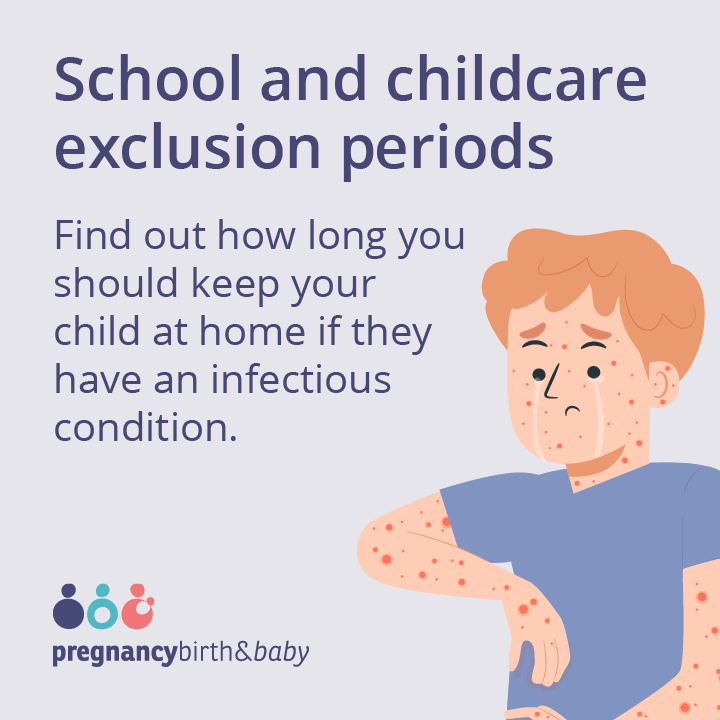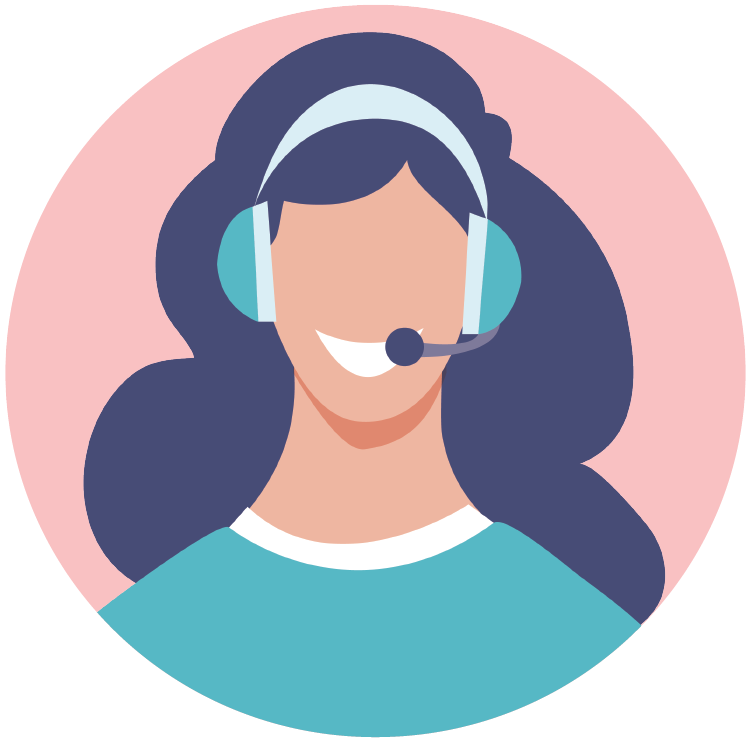Mumps in babies and children
9-minute read
Key facts
- Mumps is a contagious illness caused by the mumps virus.
- The most recognisable sign of mumps is swelling of the salivary glands on one or both sides of your child’s face.
- The best way to lower your child's chance of getting mumps is through vaccination.
What is mumps?
Mumps is an illness caused by the mumps virus. It is easily spread between people.
Mumps is not common in Australian children. This is because routine childhood vaccinations stop most children from getting the virus.
Most children who get mumps have mild symptoms and some children have no symptoms.
Most people who are vaccinated or who have had mumps before will not contract (get sick with) mumps.
What are the symptoms of mumps?
The most clear and well-known sign of mumps is swelling of the salivary glands on one or both sides of the face. This often happens to the parotid gland, which is the gland in front of your ears.
Although 1 in 3 people who are infected with the mumps virus don't feel sick at all. However, your child may have some of the following symptoms:
CHECK YOUR SYMPTOMS — Use the Symptom Checker and find out if you need to seek medical help.
What causes mumps?
Mumps is caused by a virus.
It can be spread by:
- droplets that travel through the air when an infected person coughs or sneezes
- touching items that an infected person has touched, such as surfaces or used tissues
- direct contact with saliva (spit) when sharing food or drink
Not all people who get mumps have symptoms, and even people without symptoms can spread the virus.
It can take 12 to 25 days after being exposed to the mumps virus for your child to become sick.
If your child has mumps, they are infectious (can spread the virus) from one week before they become sick. They can still be infectious until 9 days after their symptoms begin.
They are the most infectious from 2 days before their symptoms start until 4 days after their symptoms start.
When should I see my doctor?
If you think your child may have mumps, you should contact your doctor straight away. They can help with diagnosis and treatment.
It’s very important to see your doctor if your child has:
- pain in areas other than their face
- a fever that does not go away after 3 days
Let your doctor know that your child might have mumps before you arrive. This means staff can protect other people in the waiting room.
FIND A HEALTH SERVICE — The Service Finder can help you find doctors, pharmacies, hospitals and other health services.
How is mumps diagnosed?
Your doctor can often diagnose mumps by examining your child. They may organise a blood test or saliva sample to help confirm the cause of the illness.
Mumps is a notifiable disease. This means if your child has mumps, your doctor will tell your local public health unit.
The public health unit may talk to you to find out where your child caught mumps. They may also ask who your child has been in contact with. This is called contact tracing, and it helps limit the spread of mumps and protects your community.
How is mumps treated?
There is no specific treatment for mumps. Your child will usually get better with rest. If your child is very sick, they might need to go to hospital.
Self-care at home
Encourage your child to keep drinking fluids. They may feel like drinking less than usual if their swollen glands make it uncomfortable.
Your child may find it hard to swallow some foods. Offer them soft foods such as soups.
You can also apply a cold pack to their sore glands. This may give your child some relief from pain.
Medicines such as paracetamol can help with painful glands and can lower your child’s fever. Paracetamol is not suitable for babies under the age of one month. Make sure you follow the dose information on the pack.
What are the complications of mumps?
Although mumps is usually mild, it can cause complications. Complications are more common in adults. These complications can include:
- encephalitis (swelling of the brain)
- temporary hearing loss
In boys, the testes may be affected. This can cause painful testicles at the time of infection. Fertility problems because of mumps are very rare.
Can mumps be prevented?
Anyone who is exposed to the mumps virus can be infected. This is much less likely if you have been vaccinated or had mumps in the past.
The best protection against mumps is childhood vaccination. Vaccination stops your child from catching mumps and makes an outbreak in the community less likely.
The recommended mumps vaccine is given in 2 doses:
- Dose 1 at 12 months — as part of the measles, mumps, rubella vaccine (MMR).
- Dose 2 at 18 months — as part of the measles, mumps, rubella, varicella vaccine (MMRV).
The safety of these vaccines has been well researched. They're safe for children and adults. It has been shown that the MMR vaccine does not cause autism spectrum disorder.
These vaccines have small amounts of the live virus so they are not suitable for everyone. Talk to your doctor to check that having the mumps vaccine is right for your child.
How can I stop the spread of mumps?
If your child has mumps, you should keep them away from childcare, parks and other public spaces for 9 days after they get symptoms.
Find out more about infectious conditions, and the exclusion periods for childcare and school.
Good hygiene habits can also help prevent the spread of mumps, such as:
- hand washing
- not sharing food and drink
- encouraging your child to cover their mouth when coughing and sneezing

Mumps may also be spread through contact with urine (wee). So it's important to wash your hands after:
- using the toilet
- helping someone use the toilet
- changing a nappy
Resources and support
If you have any questions or concerns about mumps, speak to your doctor or child health nurse.
Learn more about how mumps during pregnancy can affect you and your baby.
For more information about immunisation, visit the Australian Government's Immunisation website.
Languages other than English
Health Translations Victoria has information on measles, mumps, rubella and chickenpox (varicella) vaccines translated into many community languages.

Speak to a maternal child health nurse
Call Pregnancy, Birth and Baby to speak to a maternal child health nurse on 1800 882 436 or video call. Available 7am to midnight (AET), 7 days a week.
Learn more here about the development and quality assurance of healthdirect content.
Last reviewed: June 2025








